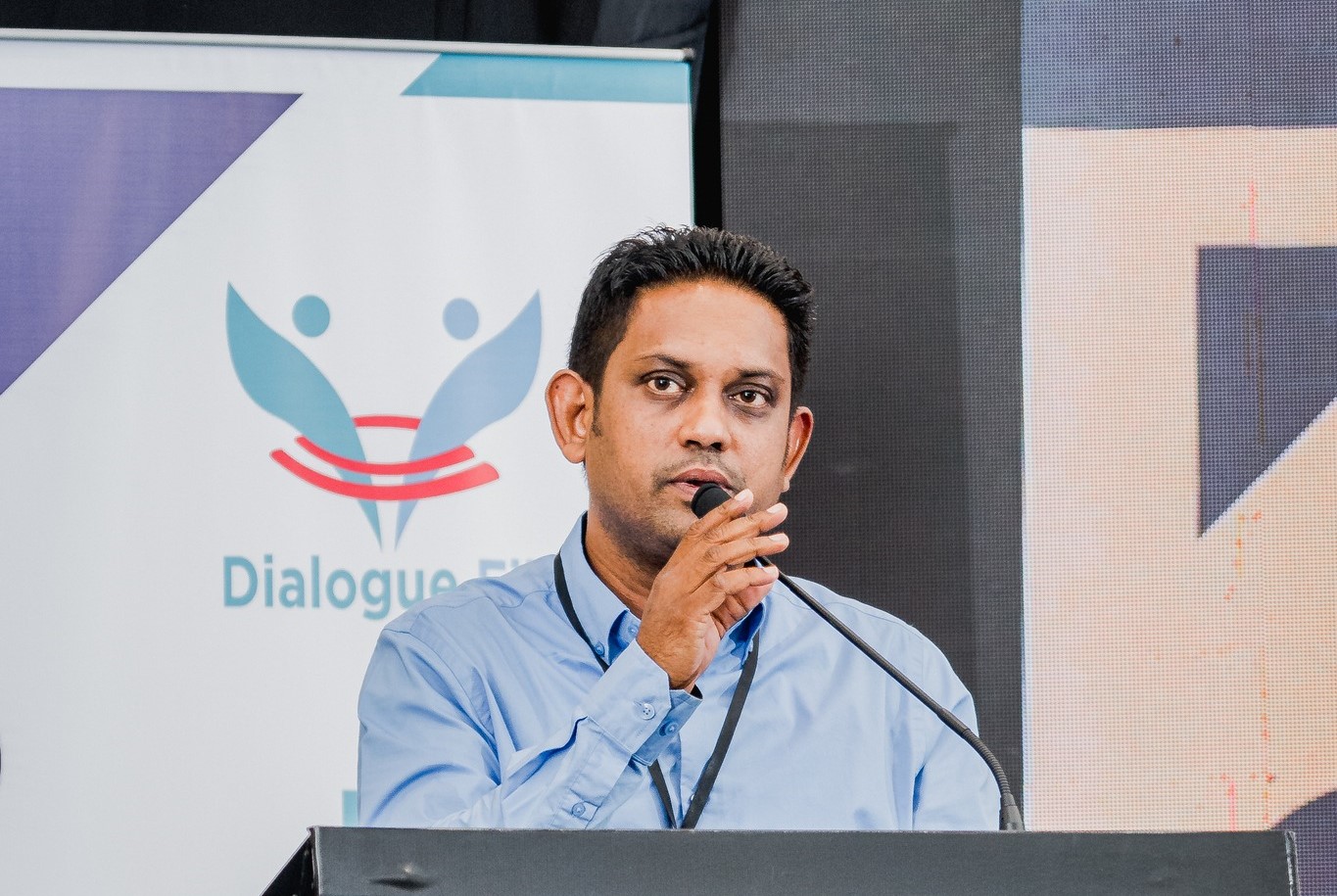Some rural families still do not have proper water systems and toilets in their homes, says executive officer of Rotary Pacific Water for Life Foundation Neil Maharaj.
He told the regional conference on Gender-Responsive Climate Policy Formulation in Suva this week, their research showed 90 per cent of women in rural areas were responsible for collecting and storing water and cooking.
“Also, what we realised was that when we go to rural communities, for example 100 houses, we find that only 20 or 30 houses will actually have a proper water system and a washroom,” Mr Maharaj said.
“Now what happens to the rest of the houses that don’t have a washroom at home?
“It’s very hard to imagine that when you’re in the urban cities and towns, but the other 70 per cent practise open defecation, and what is that?
Basically going to the seaside, riverside or in the bush, and that is the reality, a hard reality that we’re not talking about.
“It’s inaccessibility that we are talking about, and it is something that you need to think about when we have this kind of discussion.”
Mr Maharaj said having access to clean tap water was a challenge for most rural families.
“Not having access to water, how do women, girls and children at schools and villages maintain menstrual hygiene?”
Representatives of the civil society organisations from Fiji, Solomon Islands and Vanuatu attended the two-day conference.



